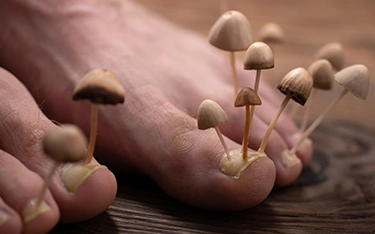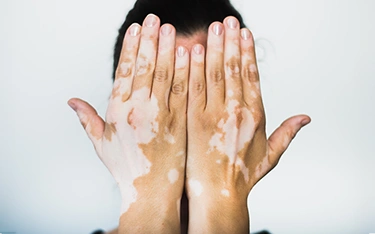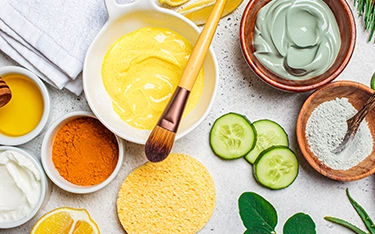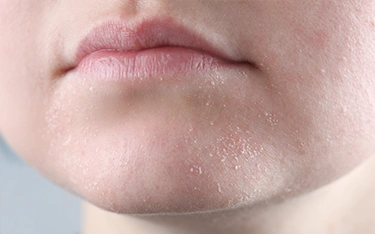FAQs
Are fungal infections contagious?
Yes, they spread through direct skin contact or sharing personal items like towels or clothes.
How to remove fungal infection marks from skin?
Use moisturisers, sun protection, and gentle care to fade marks; consult a doctor for faster, safe solutions.
How long does it take to see improvement with antifungal treatments?
Mild infections improve in a few days, while severe cases may take weeks.
Are over-the-counter antifungal creams effective?
They help in mild cases but may not be sufficient for severe or recurring infections.
When should I seek medical attention for a fungal infection?
If the infection spreads, worsens, or persists despite OTC treatments, consult a specialist.




